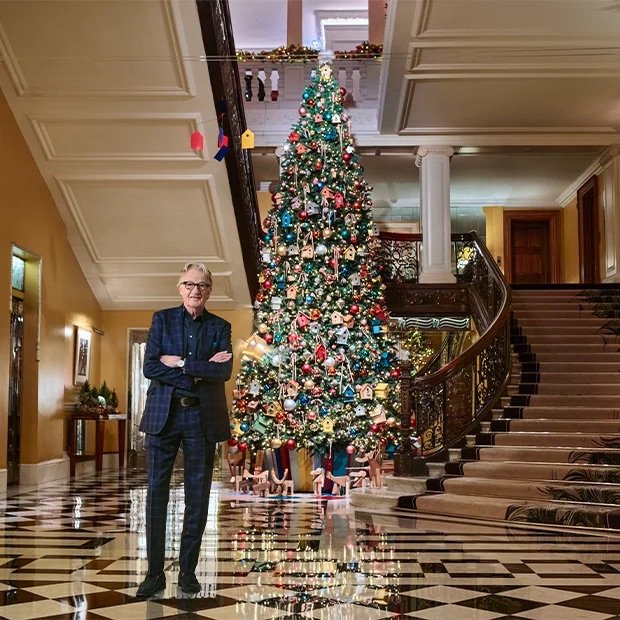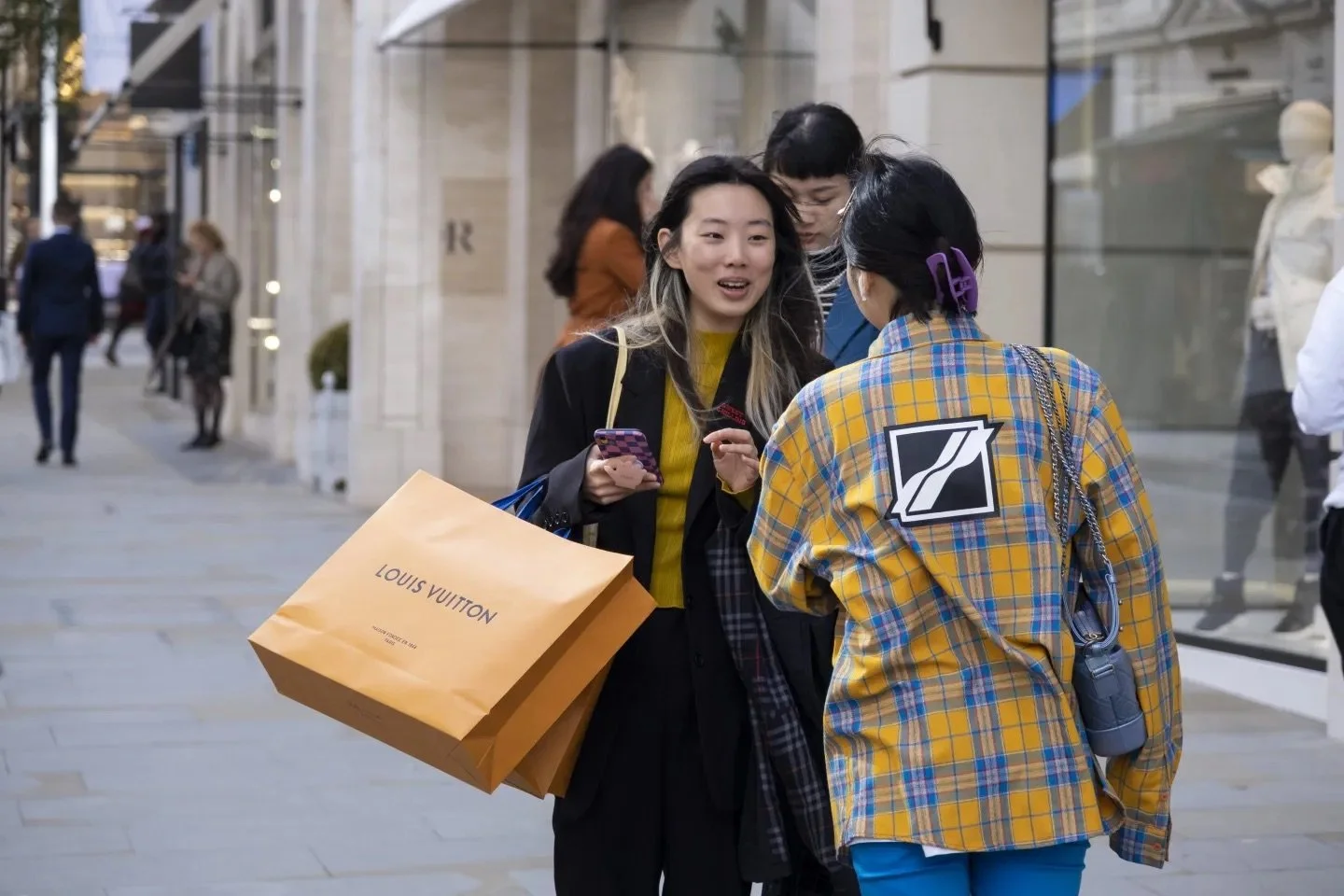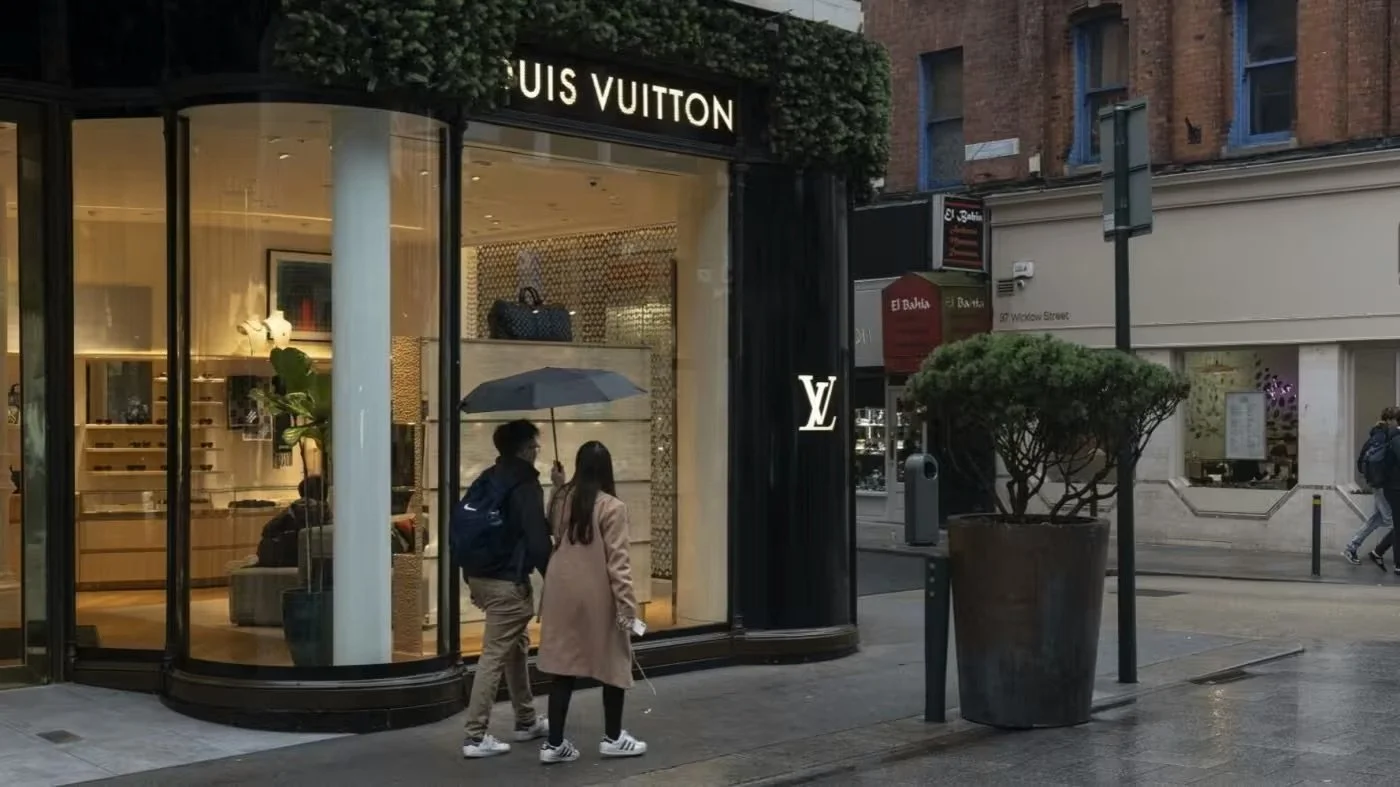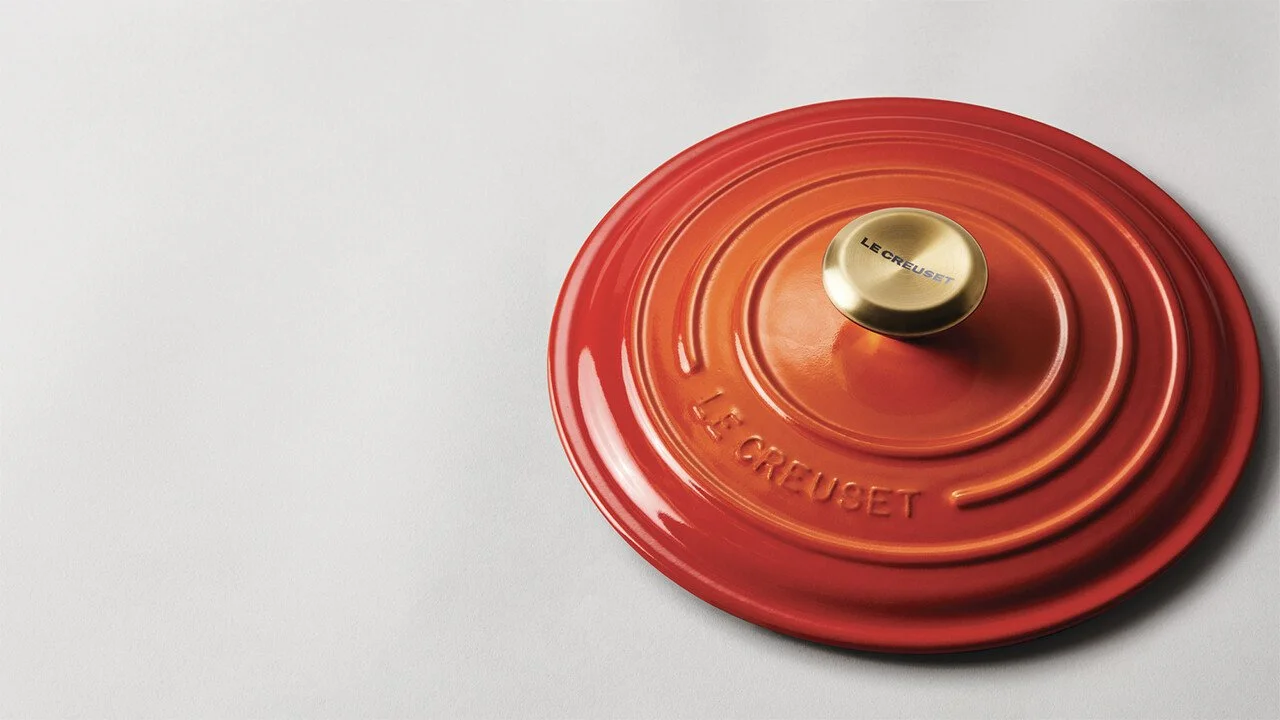
Explore recent luxury news, trends and insights,
along with the latest from LCC and its
community of members.
INTELLIGENCE
The Debut: The Brecon, Swiss Alps
Introducing The Debut – our new monthly column that spotlights a single, standout hospitality property each month. Nestled high in the Swiss Alps, The Brecon in Adelboden is a seamless blend of a hotel and intimate alpine chalet, creating an entirely new and improved style of mountain experience.
Building on Quiet Luxury: The Familiar Trend’s Impact on Luxury Retail and Hospitality Architecture
The now-familiar concept of ‘quiet luxury’ — which has prompted a broad behavioural and product shift toward understated elegance — is beginning to reshape the architecture and interiors of luxury retail and hospitality. Examples are identified and initial implications explored.
An Interview with Ash Jones, Founder of Great Influence
Ash Jones, founder of Great Influence, shares his expertise on personal branding for entrepreneurs and business leaders. From helping high-profile clients like Steven Bartlett and Gary Neville, Ash explores how building a consistent, strategic personal brand can elevate careers and create lasting opportunities.
Appreciating the Generation X Affluent Consumer
Generation X is the often-forgotten luxury consumer, but their influence is growing fast. With over 20 million affluent Gen Xers controlling significant wealth, this generation is set to shape the success of the luxury market for years to come. Discover what makes them tick, and how luxury brands can build meaningful relationships that truly resonate in this exploration.
Travel Trends with Original Travel | LCC Member
Discover the top travel trends for 2025 with insights from Original Travel. From embracing “Simple Pleasures” like family time and nature walks to exciting innovations such as Michelin-level train dining and ‘faceboarding’, next year’s travel landscape is all about meaningful experiences and authentic exploration.
Internal Podcasts: Leadership’s Secret Weapon or Just a Trend?
A reflection on how podcasts can transform leadership communication - creating authentic connections, fostering curiosity, and helping leaders to engage their teams in a hybrid work environment. A fresh approach to internal communication that goes beyond the usual corporate updates.
Cannes Lions | Luxury Lifestyle Lions Returns with LVMH Jury President for 2025
The Cannes Lions International Festival of Creativity has announced Mathilde Delhoume Debreu, Global Brand Officer, LVMH, as the 2025 Jury President of the Luxury Lifestyle Lions. Launched last year, the Luxury Lions celebrate creative communications for luxury goods and experiences with work that brings an aspirational lifestyle to life.
Five New Growth States for Luxury in 2025
In their latest research, The New Codes of Luxury: The Second Chapter, Havas offers valuable insights into the evolving behaviours of ultra-high-net-worth individuals (UHNWIs) and luxury consumers. The study reveals five transformative luxury states that are shaping the future of the industry.
Claridge’s owner to triple its number of hotels as luxury travel booms
Maybourne, owner of iconic hotels like Claridge’s, is set to expand its portfolio nearly threefold over the next decade, targeting key cities such as Paris, New York, Miami, and Dubai. The company plans to operate up to 17 hotels by 2035, blending owned and managed properties. As luxury travel surges post-pandemic, Maybourne is also working to strengthen its brand with a new lifestyle offering and exclusive services for members.
Having a social presence vs. being present on social
In an ever-scrolling-oriented world, there is an important distinction for brands between merely existing on social media platforms and actively engaging with audiences to build meaningful relationships. Published by Advertising Week, our creative partner FerebeeLane explores how to turn followers into loyal brand advocates by cultivating a community that resonates with their values and voice.
Why fashion needs the art world more than ever
Art Basel Miami Beach has emerged as a pivotal cultural event, merging the worlds of luxury, art, and elite consumerism. Drawing America’s wealthiest attendees, the fair has become more than an art exhibition—it’s a strategic platform for luxury brands to reach a dynamic and evolving customer base. This convergence of art and commerce not only highlights the growing interplay between cultural influence and luxury branding but also represents a potential lifeline in reversing challenges faced by the luxury sector during periods of economic uncertainty
Sensorial Branding: Why Scent Matters
With no dedicated jargon to speak of, the world of scent borrows its language from botanics (floral, herbal), music (notes, accords) and architecture (base, top, etc). However, despite the ever-difficult task of verbalising a certain smell, scent’s intrinsic ties to memory make it an invaluable, if underused, tool in branding. Our Innovation Partner Matter Of Form taps into why.
How the luxury slowdown is impacting M&A
With growth tapering in major markets like the U.S. and China, the luxury sector faces obstacles such as political uncertainty, a crackdown on ostentatious wealth, and evolving consumer preferences. These trends have significant implications for mergers and acquisitions (M&A), particularly as brands weigh consolidation for survival against antitrust scrutiny. As luxury players reassess strategies, the path forward requires innovation in both consumer engagement and operational resilience.
How Mixed Use Destinations are set to Redefine the West End
It’s an exciting time for retail developments in central London, particularly in the West End. Hoardings are up and work has commenced at two major mixed-use schemes set to transform the landscape and present fresh opportunities for the West End. The first of these is South Molton in Mayfair, an area that saw a 42% increase in visitors last year, bringing annual footfall to 34 million. Further north, Loxton Walk is a Marylebone development that will form part of a wider, mixed-use development between The Portman Estate and Derwent London. It will be centered around an open air courtyard with 17 ground floor retail and leisure spaces totaling 28,000 square foot, forming a lively, vibrant new destination for residents, workers and visitors to Marylebone.
How Culture Brands Work
In this final article on the power of Culture Brands, which differ from traditional niche or cult brands. While cult brands target smaller, specific audiences, culture brands can scale and create their own niche as they grow. These brands connect deeply with consumers through three key factors: story, sensibility, and significance. A compelling story, a distinct aesthetic, and meaningful connections with audiences allow culture brands to become symbols of personal identity, signals to others, and create shared value within a community. This framework helps brands foster personal connections while achieving growth and success.
50 million people have stopped buying luxury brands like Dior and Burberry after ‘broken promises’ to customers
Only a third of luxury brands will end the year with positive growth, according to Bain’s new annual luxury report, down from two-thirds last year. Calls continue for luxury brands to reevaluate their value proposition - mainly for Gen Zers - and to keep meeting their growing expectations, by making products and the shopping experience more inspirational.
Luxury brands bank on their own American dream
Historically, the US market has not been overwhelmingly receptive of ‘old world’ luxury maisons but this appears to be changing. UBS estimates that US consumers accounted for about a quarter of the luxury sector’s growth since 2015 — about the same as China — to reach 22 per cent of sales in 2023. While growth flagged last year as cost of living concerns hit aspirational shoppers, there are signs that it has revived so far into 2024.
Scaling Up vs. Selling Out
Culture Brand Framework illustrates how the same core dynamics that make niche and cult brands so powerful and appealing can be scaled up without losing soul and spirit. Instead of conceding that meaningful interactions in the marketplace are only the territory of smaller, niche brands, culture brands demonstrate that powerful brand stories can be leveraged at any size.




















